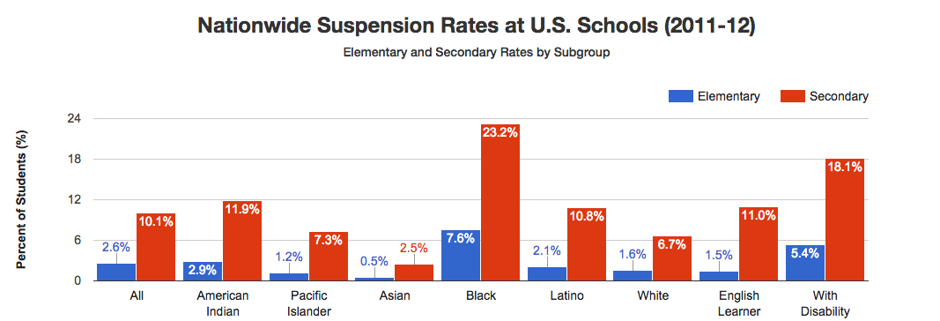When police shoot someone in a mental health crisis armed with - a knife, a knife, a knife, a knife, a hammer, a screwdriver, a broom handle, or a rock or any number of other weapons that are not firearms - the question arises: What could they have done differently?
The officers in such case generally, and understandably, reply by saying that the weapon was potentially lethal, which is true, requiring the response with deadly force, which is only sometimes true. Quite often - Kajieme Powell and Donald Wilson for example - police were in spaces where instead of stepping forward and firing, they could have stepped backwards and invested the scene with both space and time, letting things play out differently.
I say this in talks all the time, describing (based on discussions with law enforcement officials and other experts) how scenarios might have played out differently with the prioritization of stabilization over control, for example. Not all encounters with an armed person in a mental health crisis can be resolved without use of lethal force. And in many cases, the resolution would have to be significantly upstream of the encounter (keeping the person from entering crisis, for example). But many can. Now here's a video to demonstrate it.
Title at the source: COPS WOULD HAVE EXECUTED HIM IN AMERICA
Posted by Filming Cops on Thursday, October 29, 2015
Despite the inflammatory title of the video, this kind of outcome is possible in the US too. Here's a story from Milwaukee that played out much the same way, we just lack video. Police encountered a person with in mental health crisis and led him on a chase. It wasn't easy. It was scary. But they saved a life.
The officer, who was joined by another, then encountered Martinez, who was shirtless, holding a large butcher knife and threatening to kill them.
Martinez began chasing the officers around parked vehicles as they yelled at him to drop the knife, and one of the officers even indicated that she was "beginning to wear out from the running," before Martinez finally dropped the knife and was arrested.
The officer later told investigators, "that this was the most frightening experience she has had as an officer," and "both officers indicated that they were thinking about the recent incidents locally and nationally at the time of this incident."
The charges against Martinez come against the backdrop of monthslong demonstrations in Milwaukee and throughout the nation by protesters demanding criminal charges against police officers involved in high-profile deaths of unarmed black civilians, including the shooting deaths of Dontre Hamilton in Milwaukee and Michael Brown in Ferguson, Mo.Heroic.



